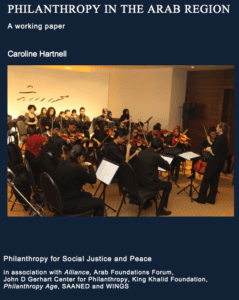Can a body feel too much?
Can a body experience the panic and the desperation and the fear and the coldness and the gunshot and the anger and the guilt and more fear
and still breathe and beat?
Can a body be pulled simultaneously up toward the light of radical love
and down into throbbing memories — without ripping?
Can a body face hate and hate and more hate and still find compassion?
Can a body violated open again to embrace?
Can a body sense the totality of powerlessness and still rise in the morning to the sun?
Can a body feel clean after bathing in dirty water?
Can a body stay present in this reality and still imagine a better one?
Can a body ever rest?
 A comprehensive and well-written report, Caroline Hartnell’s just-released
A comprehensive and well-written report, Caroline Hartnell’s just-released